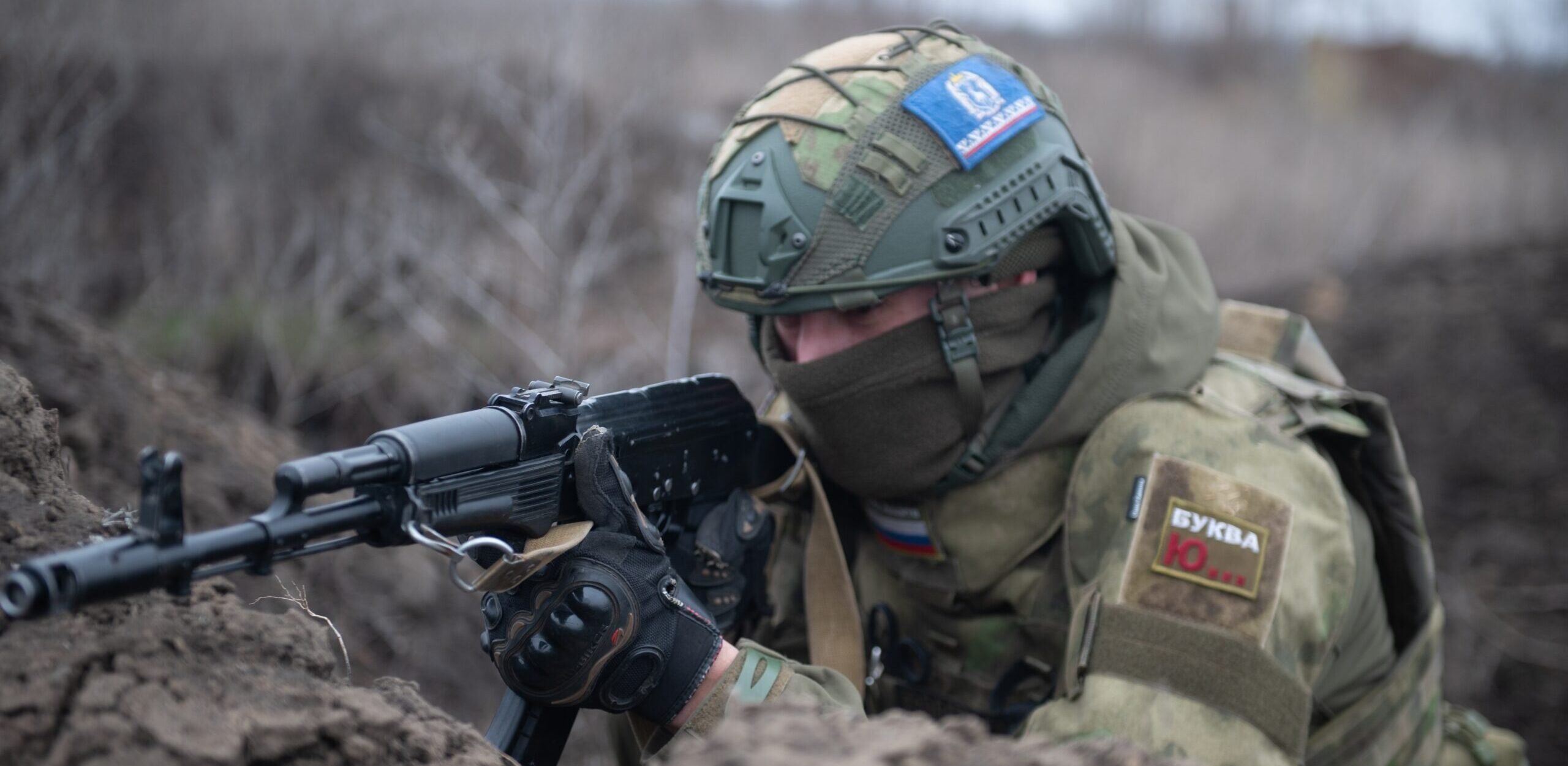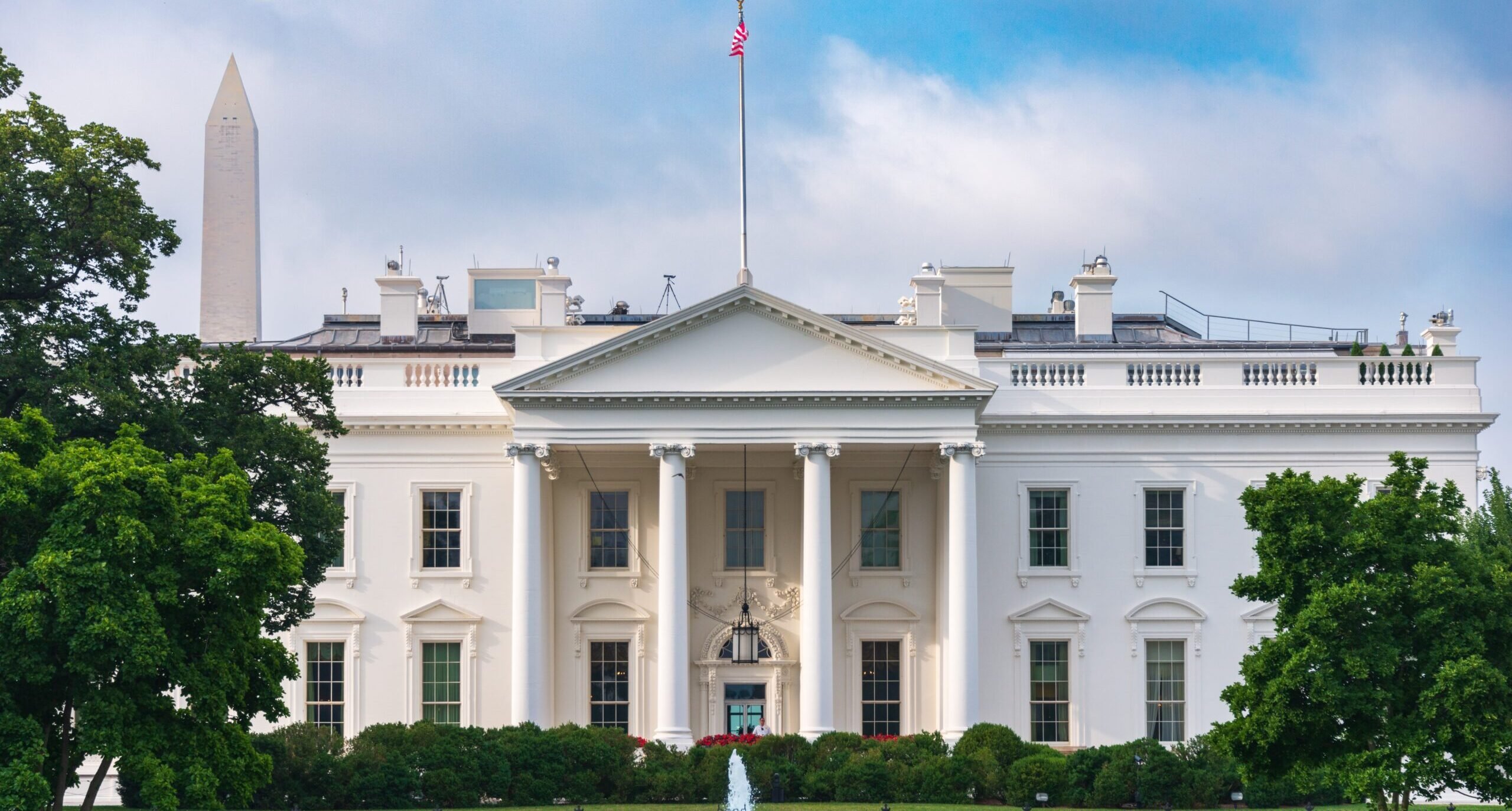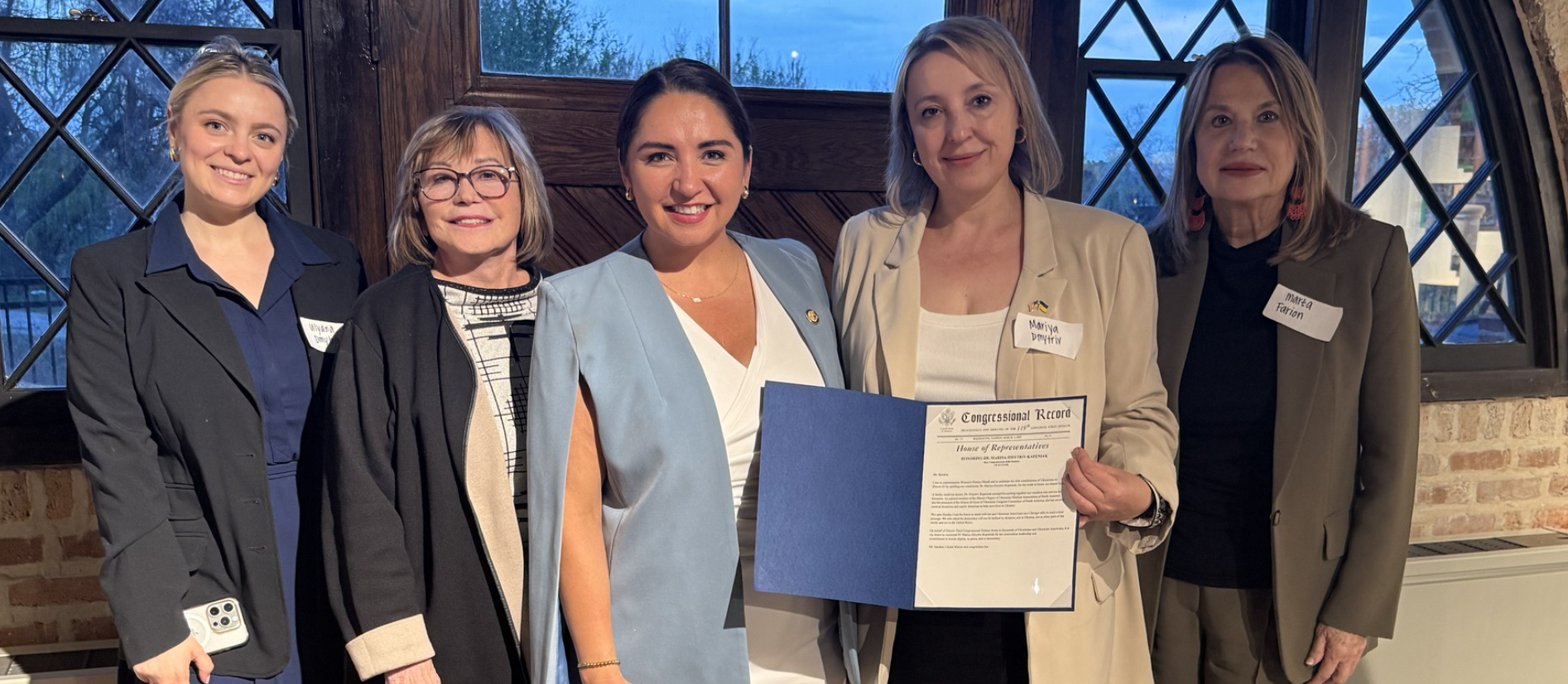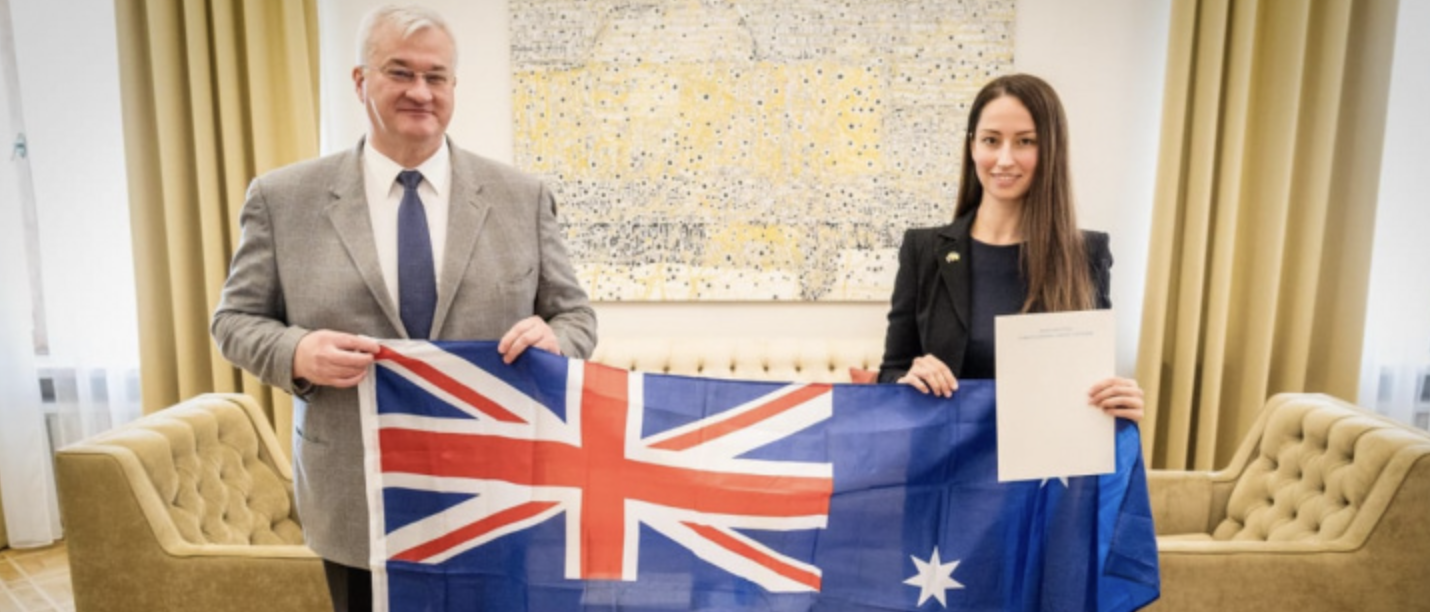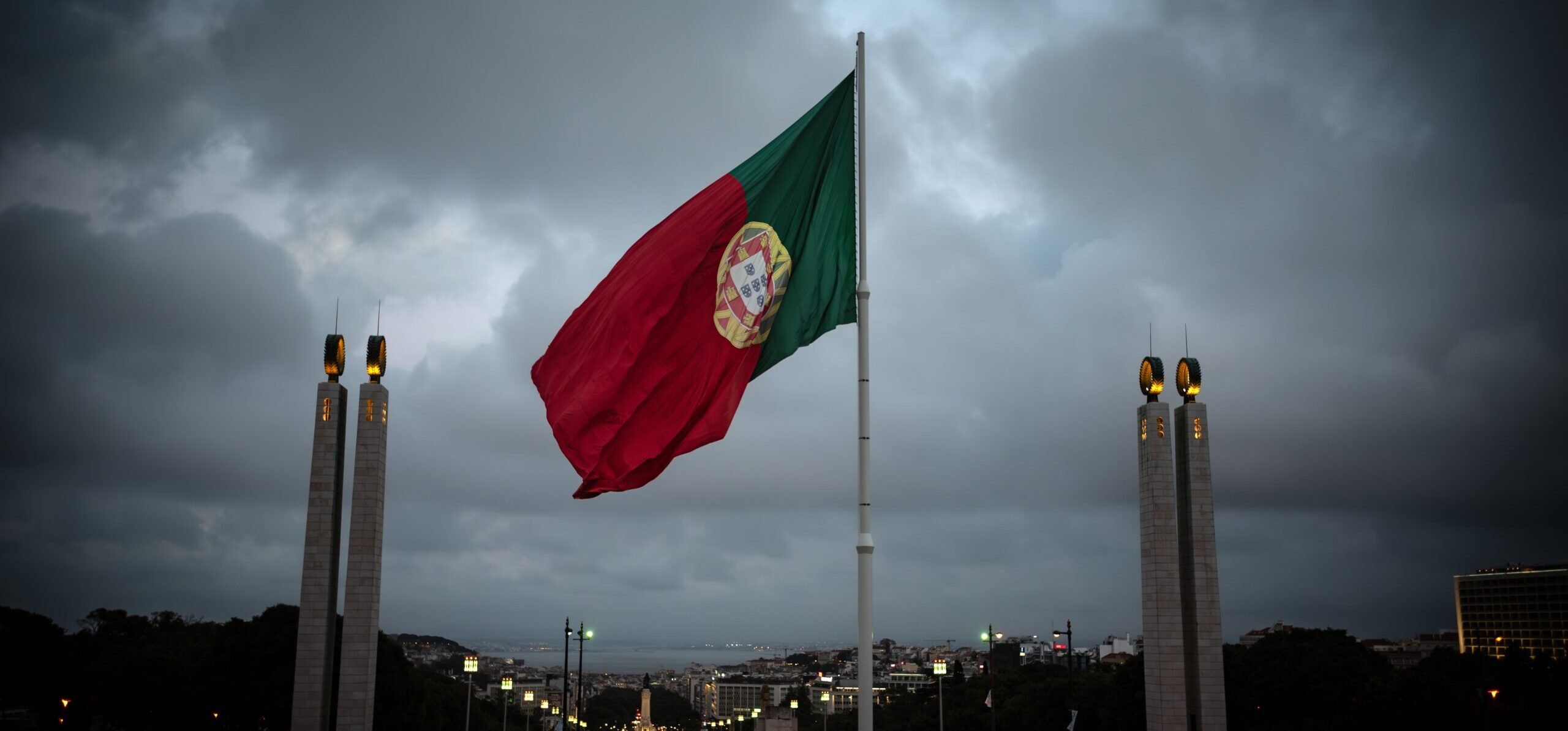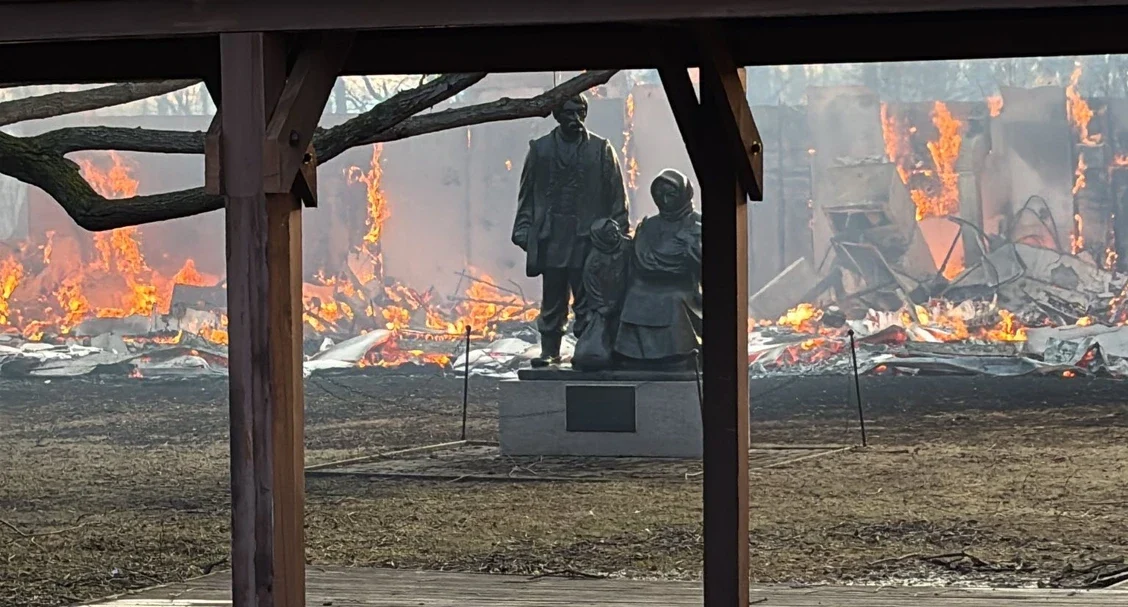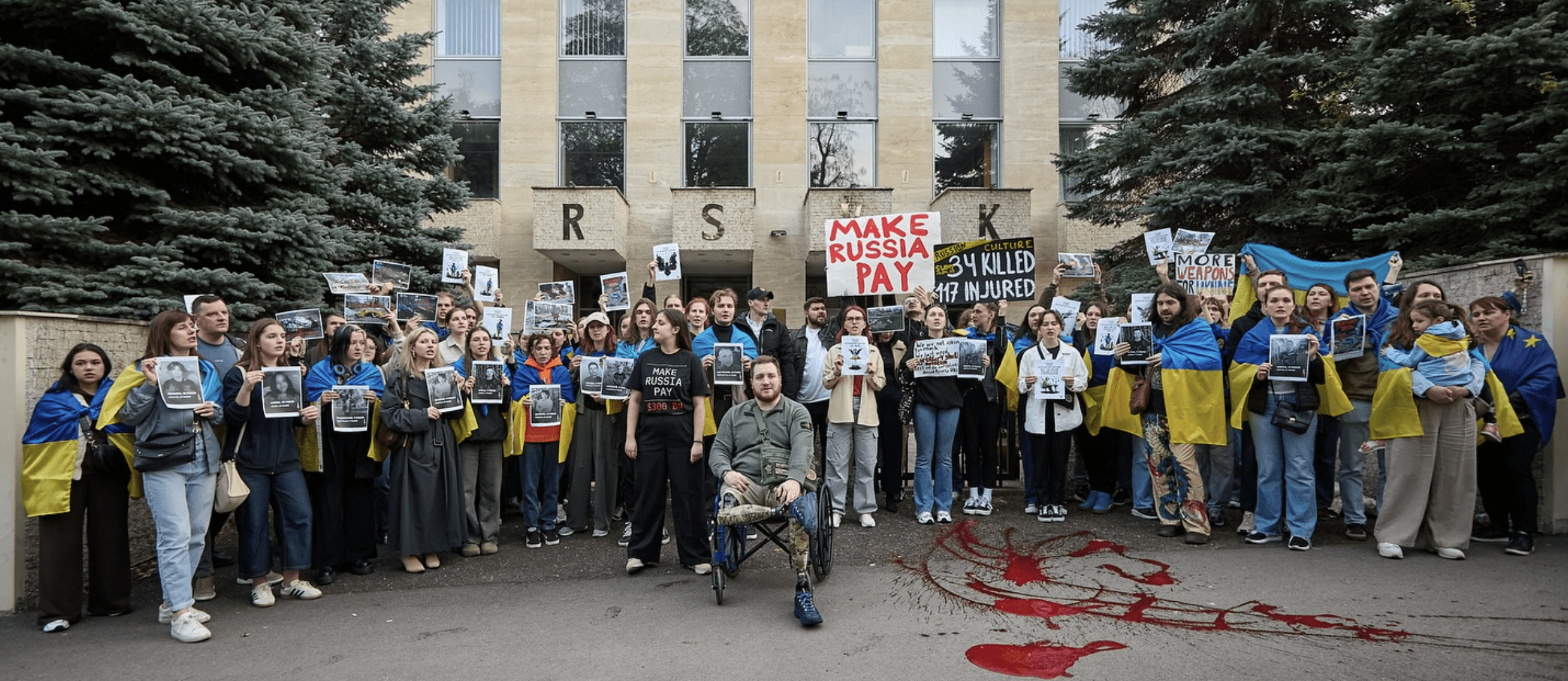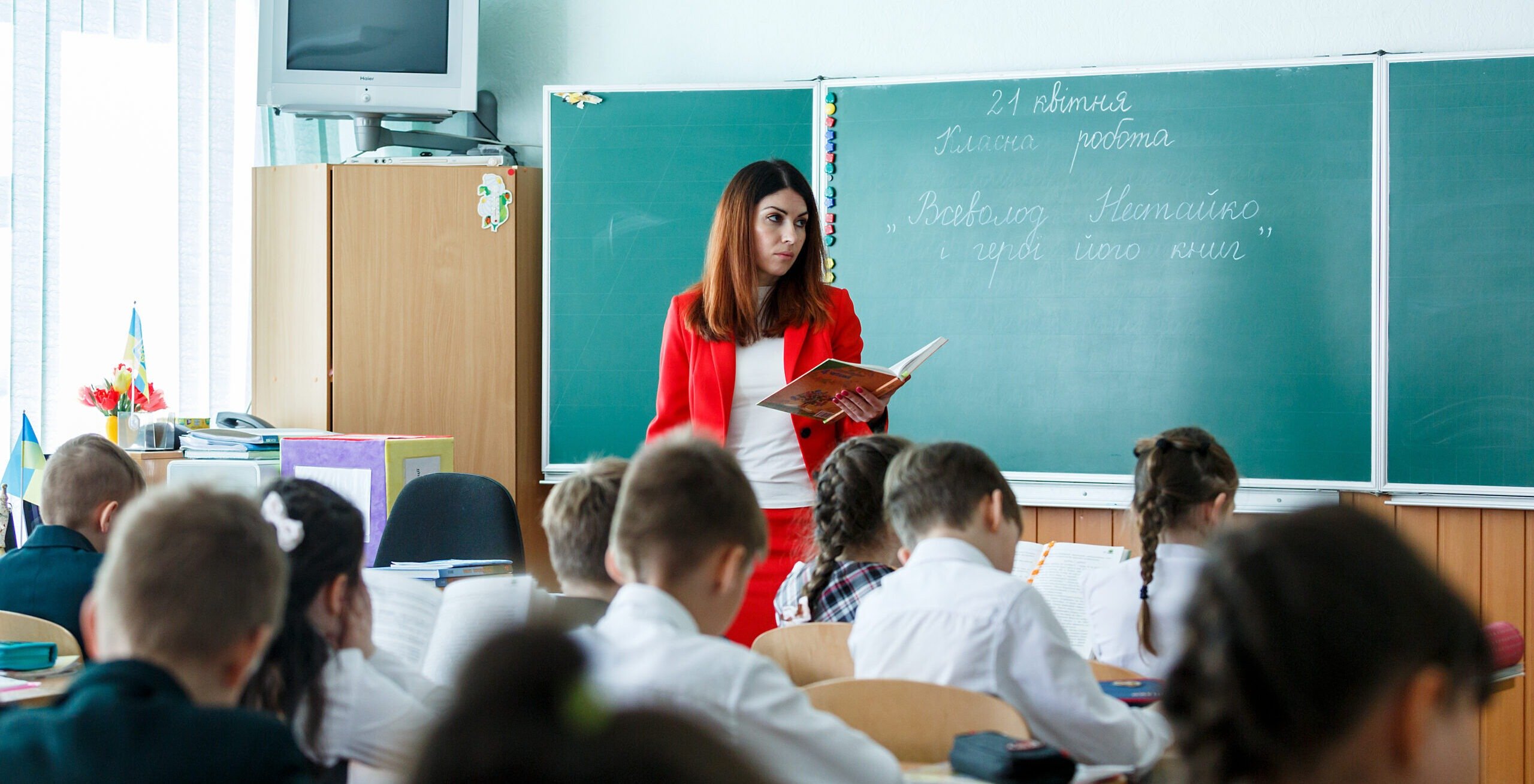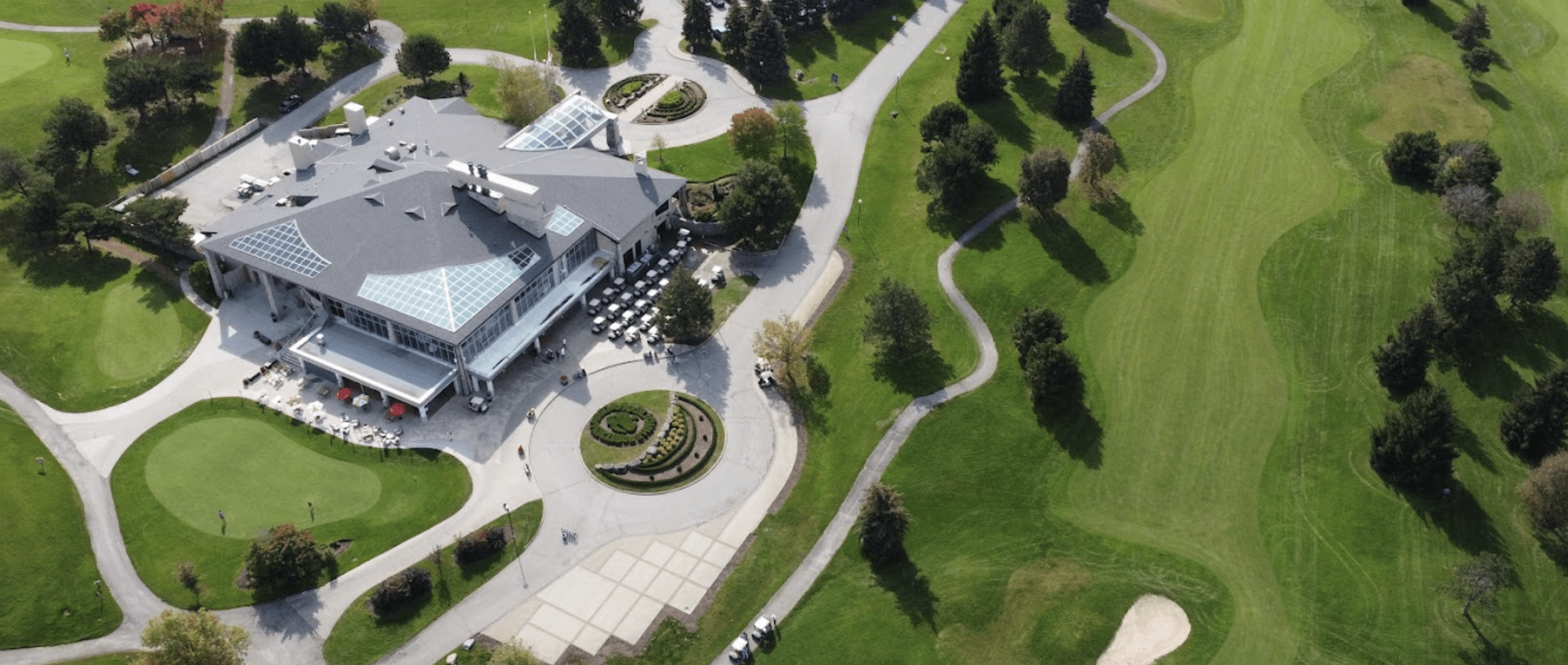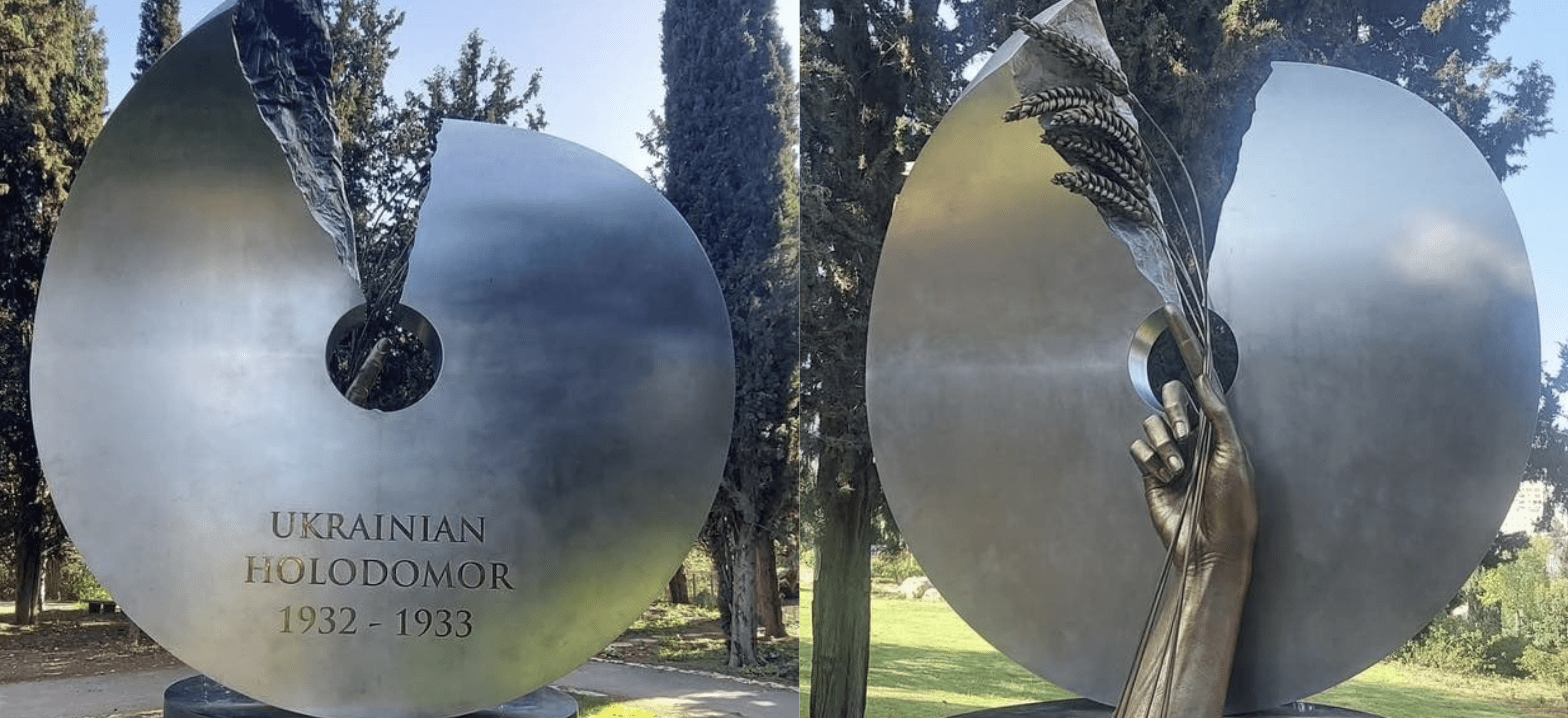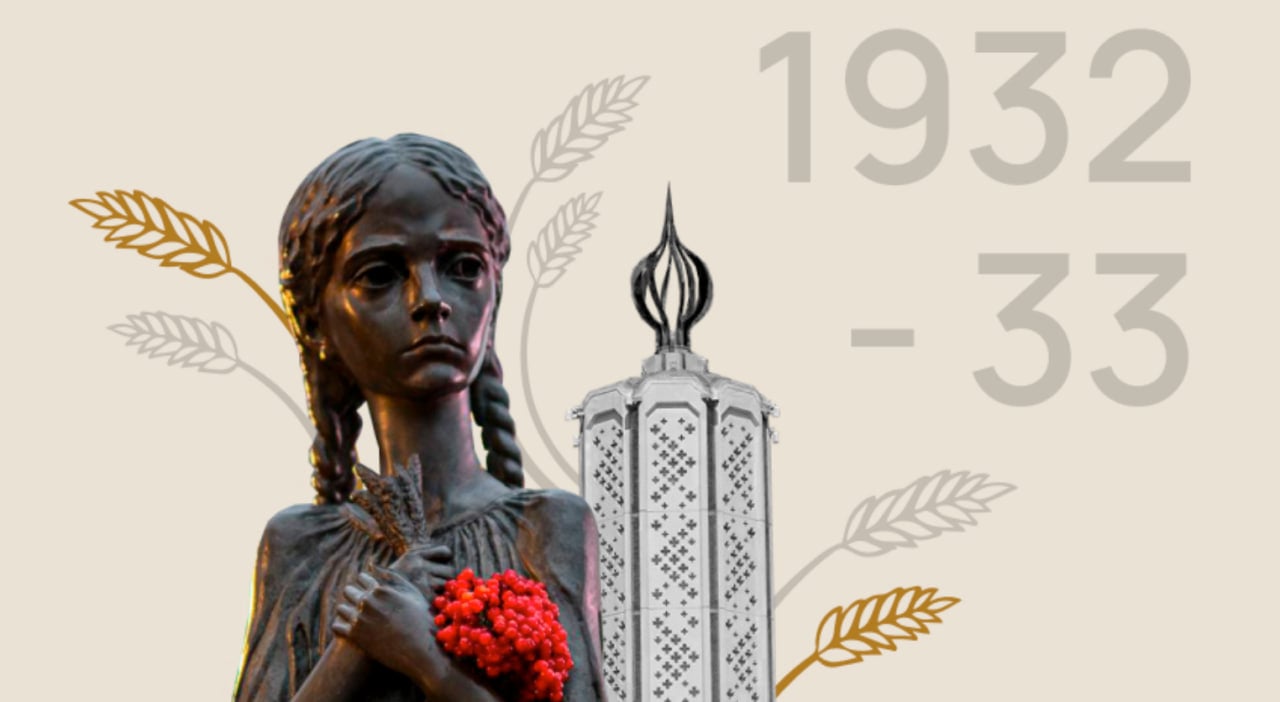
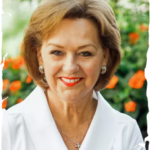
by Olya Soroka
Head of the Holodomor Descendants Network
The human losses from the Holodomor were enormous, and this genocide caused lasting consequences that seriously affected Ukraine’s ability to build its statehood and transform the country into a modern state. The horror of the Holodomor was so huge that the creative engine of the people was destroyed and did not work for decades, in addition the moscow rulers prevented personal and family processing of the trauma experienced as a result of the Holodomor.
Despite the fact that those who survived and managed to escape from Ukraine were able to speak freely about the Holodomor in the Western democratic countries, many of them were so traumatized by their experiences during the Holodomor that they feared soviet punishment until their death. My mother’s family survived the Holodomor, but my aunt Hannusya refused to sit with eyewitnesses of the Holodomor at past commemorations because she believed that the soviet authorities would find her, arrest her, and send her to Siberia, as they did to my grandfather during the Holodomor. And this fear was extremely strong and exhausting for her, even after she had lived in the United States for almost 60 years. I think that it was even more difficult for those who continued to live under the soviet totalitarian regime, and this explains why many Ukrainians did not even know about the Holodomor until recently.
There are millions of Holodomor survivors’ descendants around the world. Many of these descendants know their family’s experience of the Holodomor-Genocide. With this in mind, the Holodomor Descendants Network, launched by the Ukrainian World Congress three years ago, adopted as one of its key objectives the capture, recording and retaining of the oral histories of Holodomor descendants.
In planning for the commemoration of the 90th Anniversary of the Holodomor-Genocide, the Holodomor Descendants Network re-activated this project and focused it on working with students in Ukrainian schools (Школи Українознавства) to conduct interviews with Holodomor descendants about their family’s experience during the Holodomor. The purpose was two-fold: First, to capture the oral history and second, to increase the students’ knowledge about the Holodomor by hearing a real-life story and the horrors that one family experienced. These interviews have been shown in an eleven-part series on a Canadian internet TV channel in the 11 weeks leading up to the Holodomor commemoration on November 25.
The project was successful, as I was able to see in the students eyes a deeper understanding of the Holodomor and compassion for what the family of someone sitting right in front of them suffered. One of the students whose grandmother survived the Holodomor would never speak of what she went through. After seeing her granddaughter’s interview, she was so moved that she sat down with her daughter and granddaughter and told them everything about what her family experienced. It must have been a huge relief to finally speak about the Holodomor trauma with her family after 90 years!
The Holodomor Descendants Network will continue this project. The history of the Holodomor-Genocide must be uncovered so that we have the evidence needed for the world to bring russia to justice for the terror they inflicted on the Ukrainian nation.
All interviews are available on Facebook and the website of the Holodomor Descendants Network.
We now know that the trauma of the Holodomor did not end in 1933. It affected the survivors until the end of their lives and continues to affect survivor descendants. As a result of the trauma suffered, fear became a prominent affect.
This led to the fact that Ukrainians could not resist further russification. The Holodomor also left physical and psychological effects for the Ukrainian people, and these effects have been identified and documented in three generations.
Research conducted by Brent Bezo of Carlton University in Canada, notes that the effects of the Holodomor touch Ukrainians on multiple levels: individual, in terms of physical and psychological and the nation as a whole with respect to: family functioning, community & social norms and nation development.
On an individual basis the effects include high alcoholism, high child mortality rates, lower life expectancy than most countries on a path to democratization of their nation. On a societal level, the trauma is evidenced by lack of media freedom, fear to speak freely without punishment and increased corruption. With respect to corruption, Mr. Bezo and other researchers theorize that individuals who lost all their possessions to the collectives and then were forced to work on the collective farms for the state, found it justifiable to steal whatever they could to survive. But they didn’t see it as stealing really because they were taking from the farm that was theirs originally. And hence, the foundation for corruption was laid.
Research into the transgenerational effects of the Holodomor are ongoing and the Holodomor Descendants Network is working with Mr. Bezo to extend his research to additional countries (inaddition to Ukraine and Canada). The healing process for the Ukrainian nation will be long and difficult, especially given the current genocidal war being perpetrated by russia today.
Some may say, “Why do you talk about the Holodomor – it was so long ago?” or they say “Don’t talk about the Holodomor as it’s too painful”. But we remember and will never forget!
The enemy hopes that our memories are short, our attention brief, and the distance is too great. But just as we gathered today to commemorate the Holodomor tragedy, we will continue to REMEMBER to commemorate the innocent victims every day of our lives. We must add our voice to the many who speak the truth about the Holodomor so that the World never forgets what happened and what is happening now.
We, Ukrainians, are a strong, valiant, intelligent, talented and peace-loving nation. We come from the heritage of brave heroes – Princess Olha, Volodymyr Velykyi [the Great], Yaroslav Mudryi [the Wise], Mykhailo Hrushevskyi, Symon Petliura, Stepan Bandera, Roman Shukhevych, Cossacks, Sich Riflemen, UPA (Ukrainian Insurgent Army), soldiers of Azov and the Armed Forces of Ukraine. We are Ukrainians, and we will not allow the barbaric terrorist group that is russia to steal what is ours and make us their slaves. Ukraine has a bright future, a future aligned with the democratic West; a future that will bring the true potential of Ukrainians out of the shadow of the centuries-old history of enslavement by foreign dictators. We will remember our past and learn from it in order to build a better future for future generations of Ukrainians on our land and around the world.
Eternal memory to the Holodomor victims and the victims of today’s genocide. May they rest in peace with God.
Glory to Ukraine! Glory to her Heroes!

